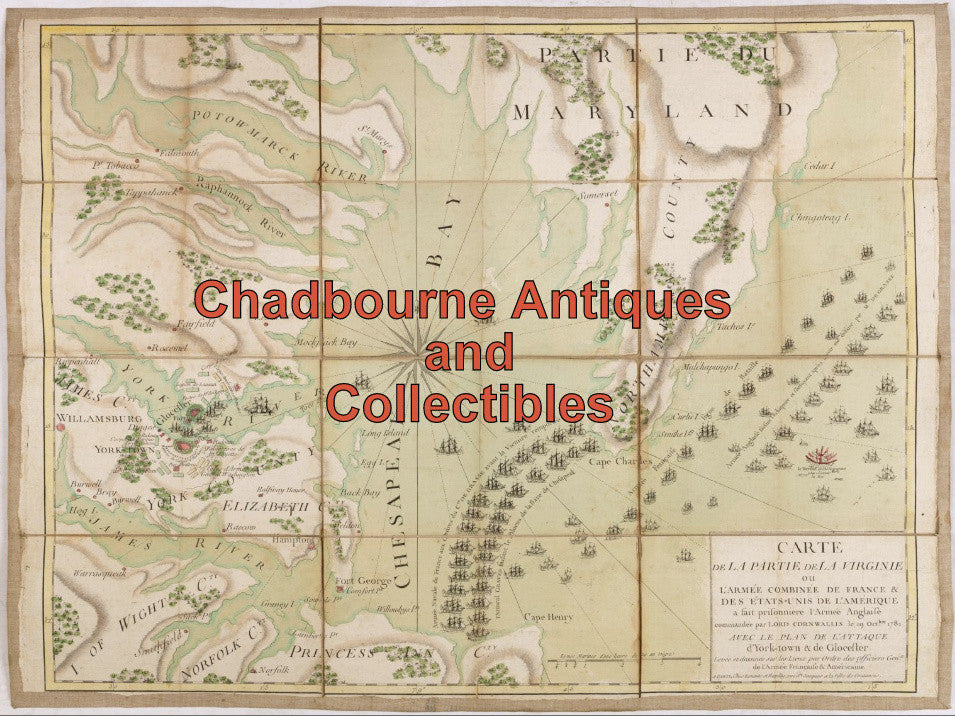$30.00 CAD
| /
Three ESCO Arcade/Exhibit boxing cards: Robert Villemain (qt. 2) and Danny Nordico. Issued in 1947-1966 period.
Printed on thicker stock
5 ⅛ x 3 ⅛"
Robert Villemain (1924 - 1984) was a French boxer. Villemain defeated Hall of Famers Kid Gavilán and Jake LaMotta during his career. He lost his Pennsylvania middleweight title to Sugar Ray Robinson in 1950
Danny Nardico (1925 – 2010) was an American professional boxer who was once ranked the fifth-best light heavyweight boxer by The Ring magazine. He was the only fighter to knock down Jake LaMotta.
WIKIPEDIA
These cards were almost always black and white or some type of single color toned cards. They issued cards on a variety of subjects, but the most sought after cards feature movie stars, cowboys and boxers. The method of distribution of Arcade/Exhibit cards was unique in the first half of the 20th century. Until the period after World War 2, Americans did not have the incredible variety of home-delivered amusements that we find common today. Only radio provided home entertainment beginning in the 1920. When people wanted something to do, people left their homes for movie theaters, boardwalks, and arcades. Every town had annual fairs or carnivals that had arcade tents. ESCO manufactured amusement machines for those places: fortune telling machines, prize machines, scales, pin-balls, etc. It most historic development was the card dispensing machine. Exhibit cards were the first nationally distributed trading card product sold without any ancillary uses or purposes. The cards were not for advertising nor were they product premiums. They themselves were the product. A carnival or arcade owner purchased an ESCO vending machine and ESCO sold them refill products for the machines. ESCO made its real money on the refill orders, not on the machines. The cards were dispensed for a penny (later, a nickel or dime) to the patron of the arcade. ESCO sold refill cards direct to vendors. There was no permanent place where you could get these cards in most cities. Usually buyers had to wait for a carnival or fair to hit town to have access to the cards.
Abebooks
